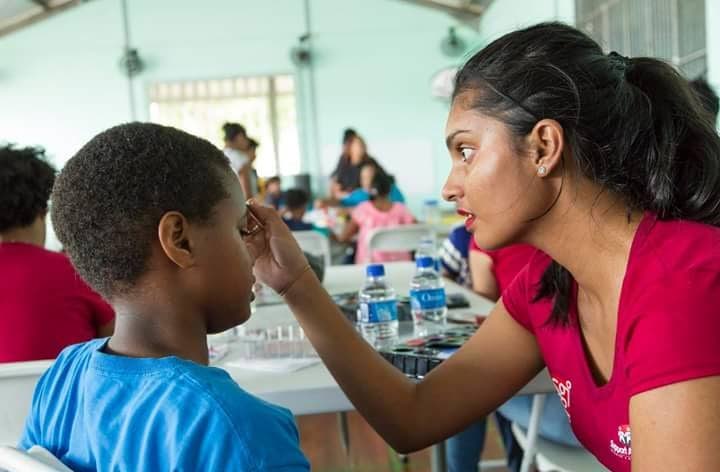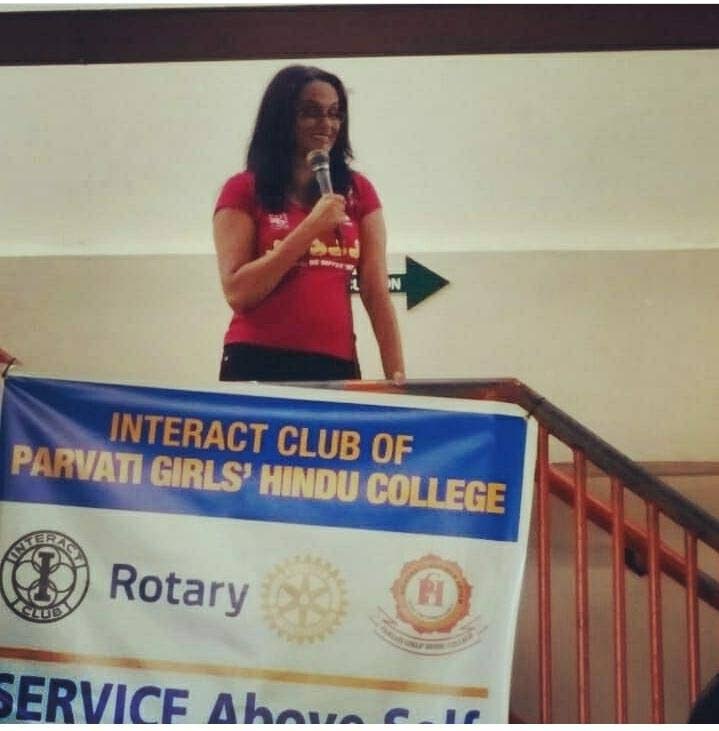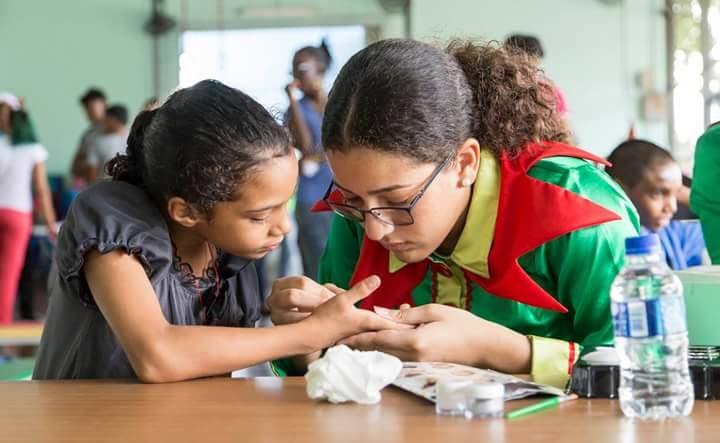Changing public perception

DR RADICA MAHASE
WHEN you’re bringing up a child with autism or any other special needs, you will always find an “expert” who is willing to give you free advice on how to grow up your child. In TT free advice is easily available even though it is often unwelcome. Many people just don’t seem to realise that parents just want to be left alone to take care of their children in the way they know best. Parents are already exhausted from trying to make their child as comfortable and happy as possible and they really don’t need all the advice and opinions, especially from those who know nothing about special needs.
One parent said she made the mistake of telling a distant relative that her child eats about four different foods. The response was, “What you mad! You have to force him to eat whatever you want him to eat. Children too spoil today, they’re picky and choosy and parents like you like to encourage this kind of behaviour.”

Sadly, that sort of response is very common in our society. Parents/caregivers are usually told of all the ways to discipline their child and how to “cure autism” amongst other ideas, suggestions, and comments on a regular basis. While we may say that it is common sense and that people should know when not to butt into other’s business, at the same time we cannot really blame people for not understanding when they were never taught the proper thing in the first place. Our society has never really encouraged acceptance of those who are different and this is evident from the lack of infrastructure to an education system that glorifies mainly academic achievement. As a society, we have created the situation where everyone feels free to give advice to others, whether they understand the other person’s situation or not.
What can we do about this? How do we change public perception? How do we make a society understand that someone with special needs might have exactly that, special needs; and that individual might not be able to function like “normal” persons? How do we get society to accept those who have different needs without judging them and condemning them?

It’s not as difficult as it seems if we start from the ground level up and work our way upwards. We should start with the young kids and we educate them from the preschool level.
It is imperative that we introduce concepts of differences, acceptance and integration from a young age as possible. In fact, this should be mandatory in the preschool curriculum. It should be one of the core values that kids are taught from a young age. It helps even more if all schools would accept those with special needs so that there are opportunities for interaction and integration. When a neurotypical child interacts with a child with special needs on a regular basis, the scene is set for acceptance and accommodation. Both children can benefit from this interaction and as they grow older, the interaction becomes a normal part of their lives.
Another way to change attitudes is to foster acceptance and accommodation amongst the teenagers and young adults. When this group is given opportunities to interact with the kids with autism and other special needs there is the potential to create an entire generation which is now empathetic and considerate of those with differences. Presently, in TT there is a shortage of trained professionals to work with those with special needs; maybe the younger generation would consider careers in areas such as therapy, etc when they given a chance to interact with individuals with special needs.
Public awareness campaigns can go a long way in helping people to understand, accept and accommodate those with differences. To this end, NGOs can play a more proactive role. Too often, the activities of NGOs centre on what they can get (fundraising, etc) and what they can do for the specific groups that they represent. However, NGOs can reach out to the wider society with campaigns to educate people at all levels. Public lectures, workshops for specific groups (students, public servants, etc) and outreach booths can help to change public perception. It might seem like a difficult task but with a concerted effort and collaboration amongst different groups real change can be a reality in TT society.
Dr Radica Mahase
Founder/director, Support Autism T&T


Comments
"Changing public perception"